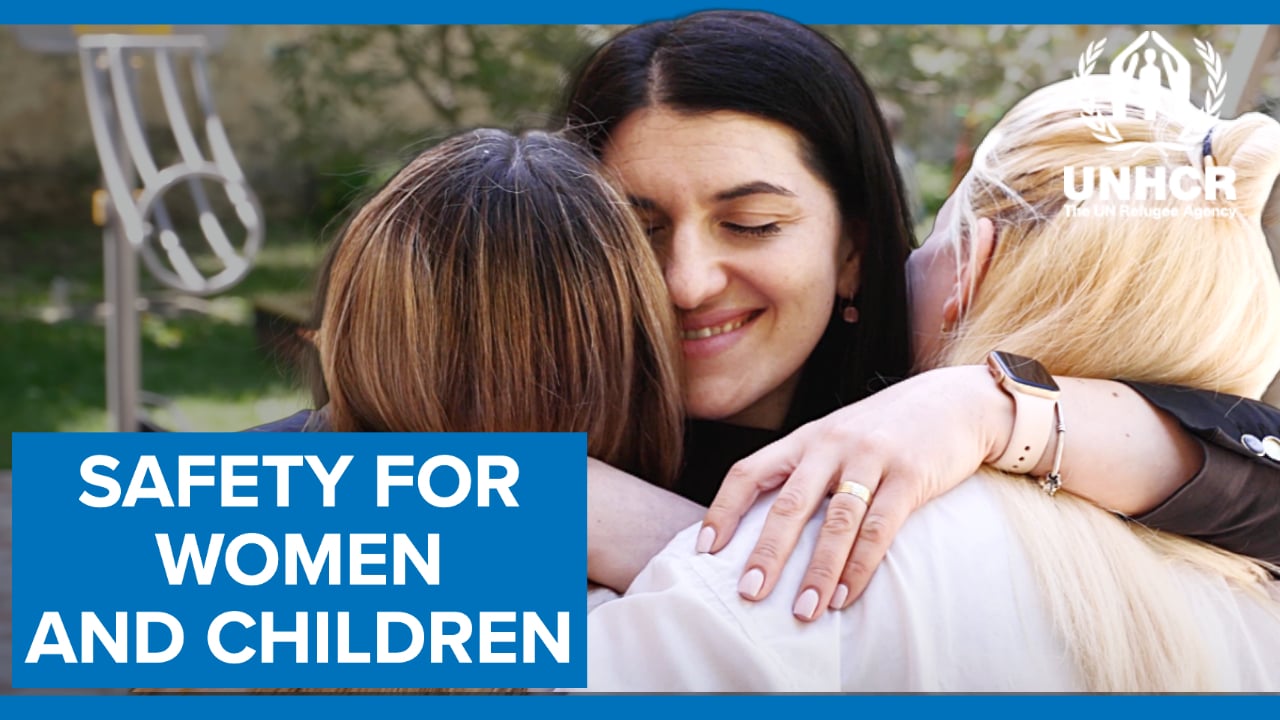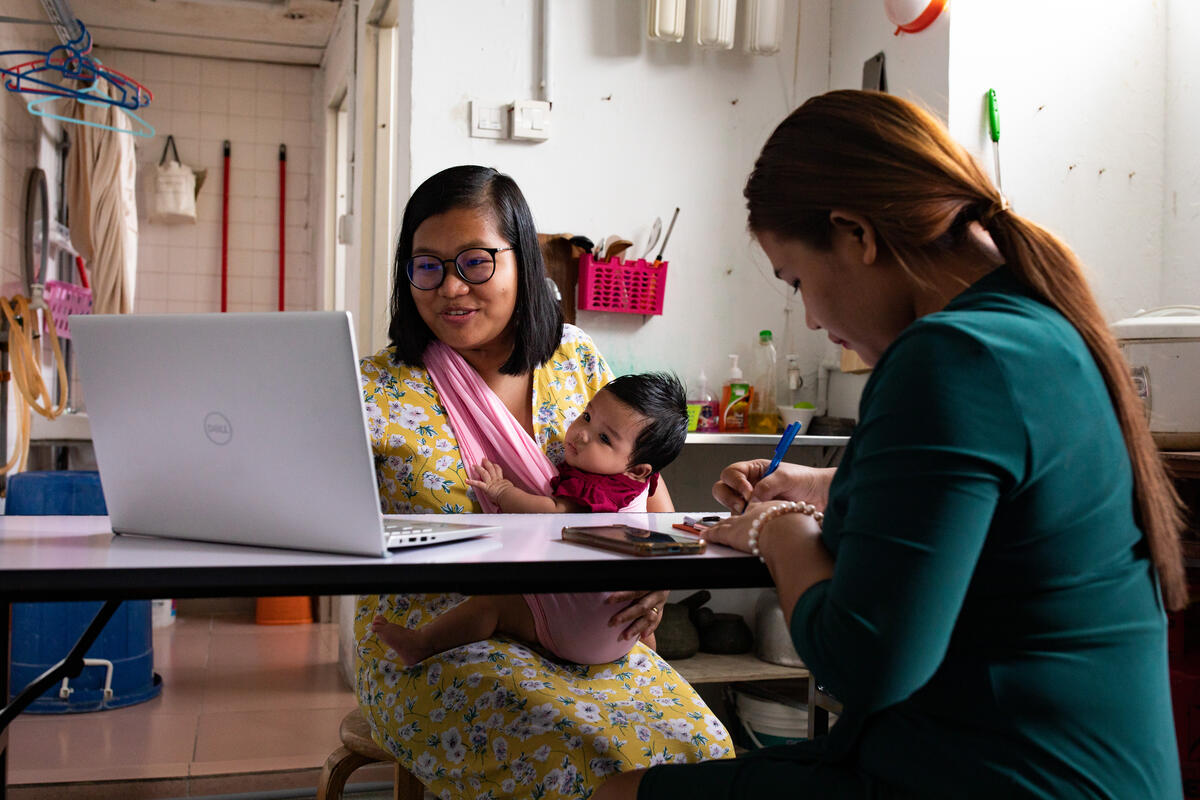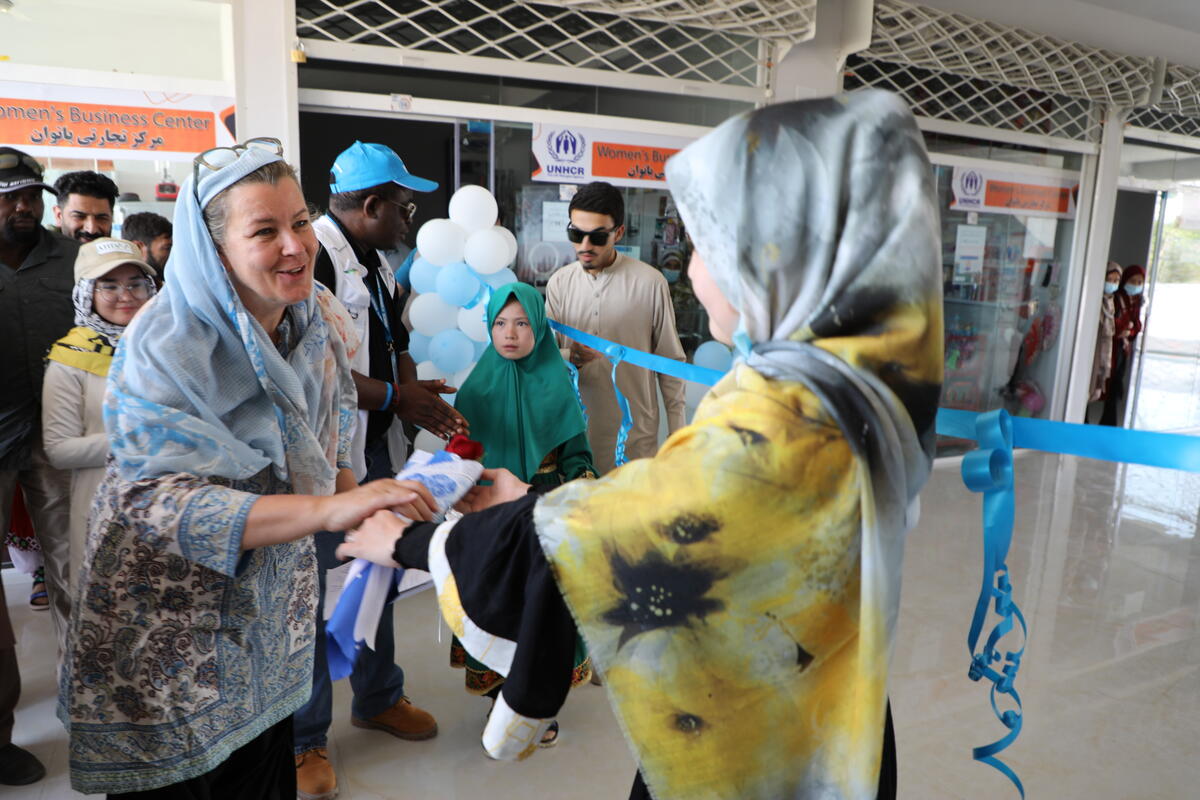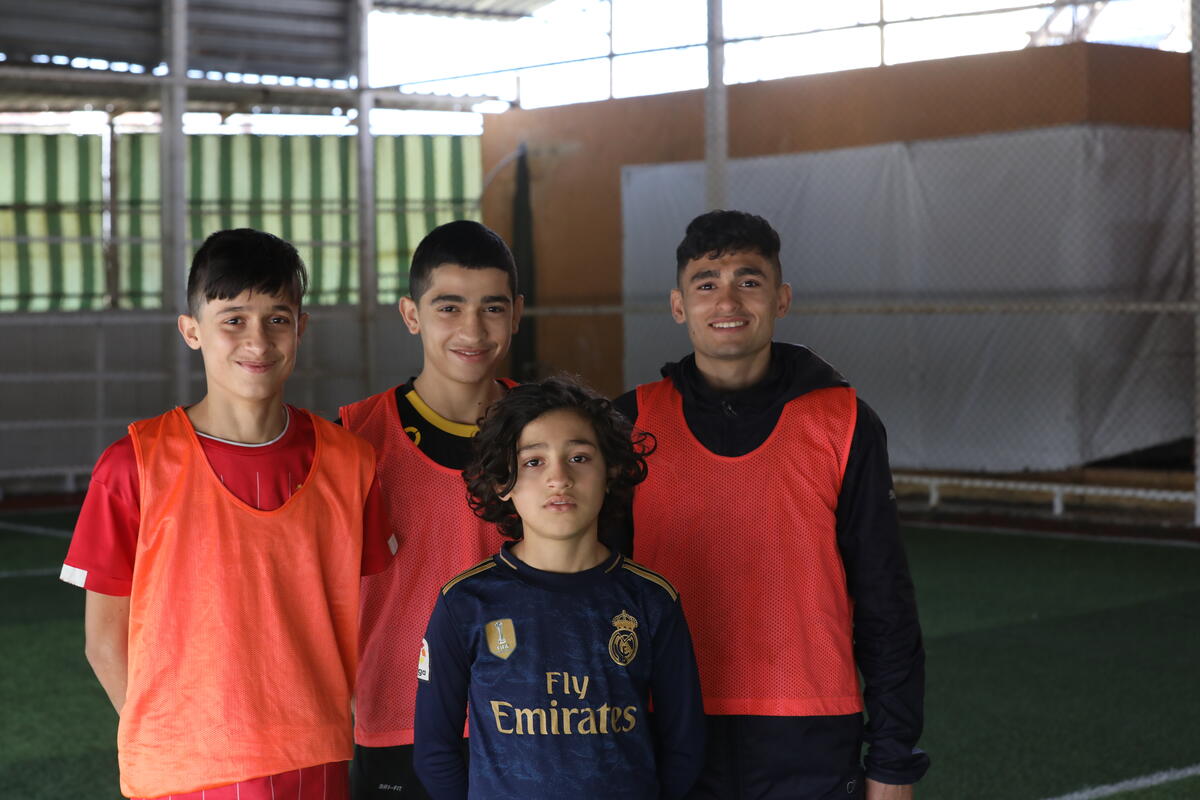Pregnant women flee lack of maternal health care in Venezuela
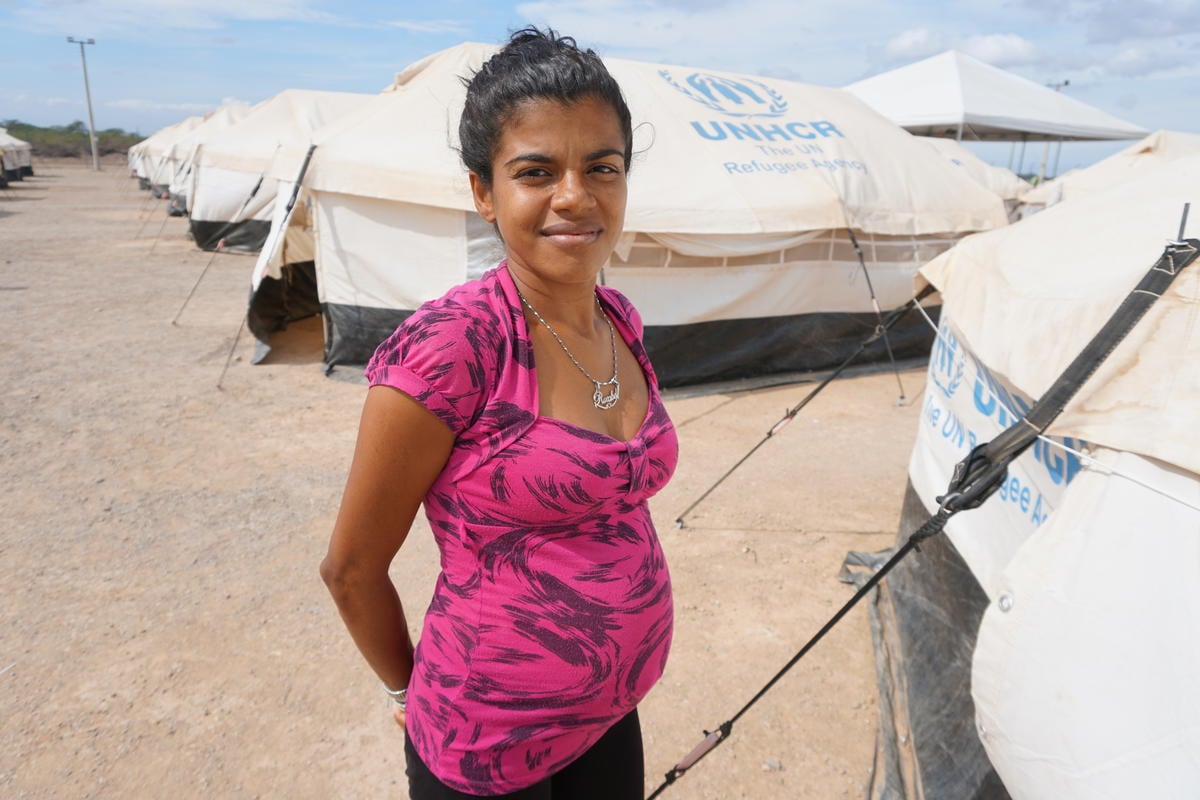
Pregnant women flee lack of maternal health care in Venezuela
Roxibel Pulido, 29, was three months pregnant when she heard that the nearest hospital from her neighbourhood, in the city of Maracaibo, Venezuela had been shut down.
“The hospital was under investigation because three newborn babies had died there due to the lack of a generator,” she says.
In recent years, Venezuela’s hospitals have been struggling with shortages of supplies and staff, as well as constant electricity cuts. Between 2015 and 2016, maternal deaths grew by 65 per cent and child mortality after six days of being born increased by 53 per cent, according to government data.
Thousands of Venezuelans continue to leave the country every day, among them many pregnant women who are unable to receive proper prenatal care and who do not want to put the lives of their unborn children at risk.
“If there were any complications, the hospital was not going to help me and my baby would die.”
“It is a very bad moment to be pregnant women back in Venezuela,” Roxibel says. “A lot of them are fleeing out of love for their unborn babies.”
Pregnant with her third child, Roxibel could not stop worrying about the lack of access to health care. “I thought that if there were any complications, the hospital was not going to help me and my baby would die,” she says. “This is why I decided to leave.”
Together with her two other children, Santiago (3) and Matías (2), Roxibel reached Maicao, a Colombian city near the northern border with Venezuela. Colombia is the country hosting the largest number of Venezuelan refugees and migrants, with over 1.3 million.
After spending two months in the streets, Roxibel and her children found safety at UNHCR’s new reception centre, which temporarily hosts up to 350 vulnerable people from Venezuela, mostly women and children.
At the centre, a nurse checked Roxibel and her baby’s health – something she had not been able to do in Venezuela throughout her pregnancy.
“When I went to the hospital, there was no electricity; when I wanted someone to check my belly to make sure things were fine, there was no one to give consultations; when I wanted a sonogram, they asked for an absurd amount of money that I was unable to pay,” she recalls.
At San Jose public hospital in Maicao, over 1,000 Venezuelan women have been attended over the first quarter of 2019, says Zela Cuello, coordinator of the Gynecology and Obstetrics. “We give preferential and integral attention to all pregnant women, without any nationality distinction,” she says.
One of the women attended at the hospital was Yorgelis Garcia, 23, who fled Venezuela one week before giving birth. Desperate for food and medical care, she and her husband used “trochas,” dangerous informal crossings, to reach Maicao.
“It was a difficult journey,” Yorgelis says. “My husband had to carry our two-year-old son and make sure I didn’t fall to the ground.”
When they saw her big belly and how hard it was for her to walk, other Venezuelans fleeing helped Yorgelis and her husband.
“I’m really thankful to Colombia, and the medical attention I have received here.”
Yorgelis’ baby girl, Yoangeli, was born healthy at San Jose hospital five months ago. “Luckily for me I was able to give birth without any complications,” she says. “But I knew if anything had come up, I would have been at the right place with the right people.”
Yorgelis and her family are also living at UNHCR’s reception centre. “Before entering, my children got vaccines and we all got medical exams to make sure we were healthy,” she says. “I’m really thankful to Colombia, and the medical attention I have received here.”
Now five months pregnant, Roxibel is convinced she is also going to have a baby girl: “No one has told me this yet, but I feel it in my heart, and she is a warrior.”
Roxibel worries about not being able to register her baby in Colombia for proper identity documentation. Most Venezuelans are unable to register their babies born in Colombia as Venezuelan nationals because they lack proper documentation and consulate services are currently not available.
In order to obtain Colombian citizenship, the country’s constitution stipulates that at least one of the parents must be Colombian or, if that is not the case, at least one of the parents must hold a work or temporary visa in the country – which many Venezuelans struggle to obtain.
Colombia’s national registry estimates that about 23,000 children born in Colombia to Venezuelan parents are awaiting to be granted Colombian nationality. The Government of Colombia is working with partners to resolve the situation and prevent future cases of children at risk of being stateless.
Today millions of people around the world are denied a nationality. Lack of documentation has very tangible consequences in their lives – they often are not allowed to go to school, see a doctor, get a job, open a bank account, buy a house or even get married.
Through its #IBelong Campaign, UNHCR seeks to end statelessness in 10 years. Read more about the campaign here.





